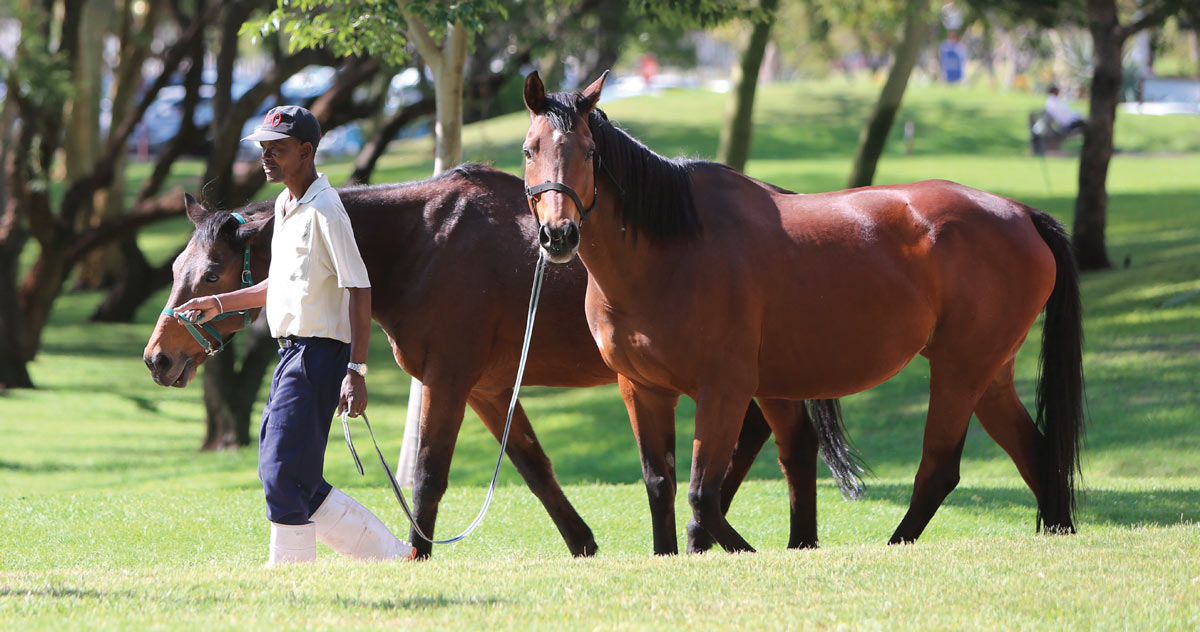 Professor Marietjie Venter
Professor Marietjie Venter
Scientists in the emerging respiratory and neurological virus group in the Centre for Viral Zoonoses in the Department of Medical Virology focus on newly described or previously missed viruses transmitted through insect vectors (arboviruses). Professor Marietjie Venter, who heads the programme, currently holds a joint appointment between UP and the US Center for Disease Control and Prevention. She works closely with researchers and students in the virus group, and with veterinarians across the country, to establish a surveillance network in animals with neurological or respiratory signs, in collaboration with Dr June Williams in the Faculty of Veterinary Science. The group also investigates neurological and respiratory cases in humans and undertakes mosquito vector surveillance on farms and wildlife reserves in collaboration with Professor Leo Braack of the Centre for Sustainable Malaria Control and Professor Paulo Almeida, extraordinary Professor from the University of Lisbon.
In 2015 the group described, in the journal Emerging Infectious Diseases, the Old World Alpha, Middelburg and Sindbis viruses as causes of severe neurological disease and fever in horses.
Unlike the New World Alpha viruses found in the Americas, the African Old World Alpha viruses were previously considered to be mild pathogens associated with fever, rash and arthritis in humans, and no cases had been described in horses. The group described outbreaks of the neurological disease of Middelburg and Sindbis viruses that occurred regularly across South Africa in horses between February (late summer) and June (early winter) each year. The researchers sequenced the full genome of a neurological strain of the Middelburg virus and developed an analytical method that can distinguish between the Middelburg virus and the Sindbis virus. These viruses were also identified as the cause of neurological disease in several wildlife species, and were found in mosquito and midge vectors on horse farms in the Gauteng province and in the Mnisi area, a rural community next to the Kruger National Park. The viruses are currently being investigated in cases of human meningitis.
Scientists with a strong focus on zoonotic diseases joined forces to launch the Centre for Viral Zoonoses (UP-CVZ) at the end of 2015. The Centre is situated in the Department of Medical Virology where the BSL3 laboratory is based and includes a steering committee of scientists in the Health Sciences (Professor Marietjie Venter), Natural and Agricultural Sciences (Professors Louis Nel and Armanda Bastos), and Veterinary Science (Professor Estelle Venter).
Professor Wanda Markotter joined the Department of Medical Virology in 2015 as the first Director of the Centre for Viral Zoonoses.

Professor Wanda Markotter was awarded the DST-NRF South African Research Chairs Initiative (SARChI) Chair in Infectious Diseases (Zoonoses) in 2015. A zoonosis is defined as any disease or infection that is naturally transmissible from vertebrate animals to humans and vice versa, and can be caused by all types of pathogenic agents, including bacteria, parasites, fungi and viruses with both domestic and wild animals acting as reservoirs of infection.
At least 60% of emerging infectious diseases affecting humans are of a zoonotic origin and, in the past 15 years, more than 50% of global emerging infectious diseases originated from Africa.
The central research focus of the Chair will be on zoonotic infectious diseases at the animal-human-ecosystem interface. This includes detection and control of the diseases based on an understanding of, among others, epidemiology, evolution, pathogenicity and mechanisms of infection, and also of ecological factors that determine the transmission between animals and humans. This requires a multidisciplinary approach embodied in the ‘One Health’ concept, which calls for collaboration between natural, medical and veterinary scientists.
